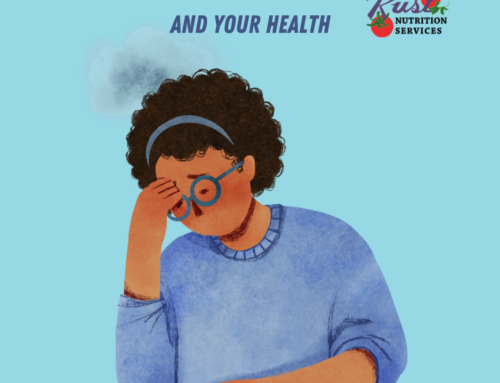What does it mean to individualize a diet? Well, everyone has different dietary needs. How many calories you need depends on your age, gender, health, and activity level. When an RD is prescribing a diet to you, many factors are considered.
For instance, while I often refer to heart-healthy diets, not everyone requires foods that are low in fat and sodium or sugar. The palates and preferences of everyone certainly varies as well. In the context of disease prevention, matching diet to the specific disease is important. There are also individuals who have different types of dietary needs, where energy and palatability trump nutrient profiles. One of the most important skills that a registered dietitian employs is the ability to evaluate each patient or client, and individualize nutrition advice. For instance, while a heart patient may need to keep saturated fat and sodium intake low, a cancer patient or a sick kid that have high calorie needs, and may need to eat foods that are calorie dense. They may also be intolerant to some foods. But standard dietary protocols still need to be customized, based on medical history and physical exam.
For instance, diet in kidney disease can really impact kidney function. Your physician and dietitian will monitor blood labwork and physical signs of complications. Diabetes requires very specific attention to diet every day.
How can you find out what the best diet is for you? Visit your local wellness center or outpatient facility and set up an appointment to see a registered dietitian. Or you can try my online Mini Diet Makeover (code 3003) for a quick ‘nutrition check-up’.




